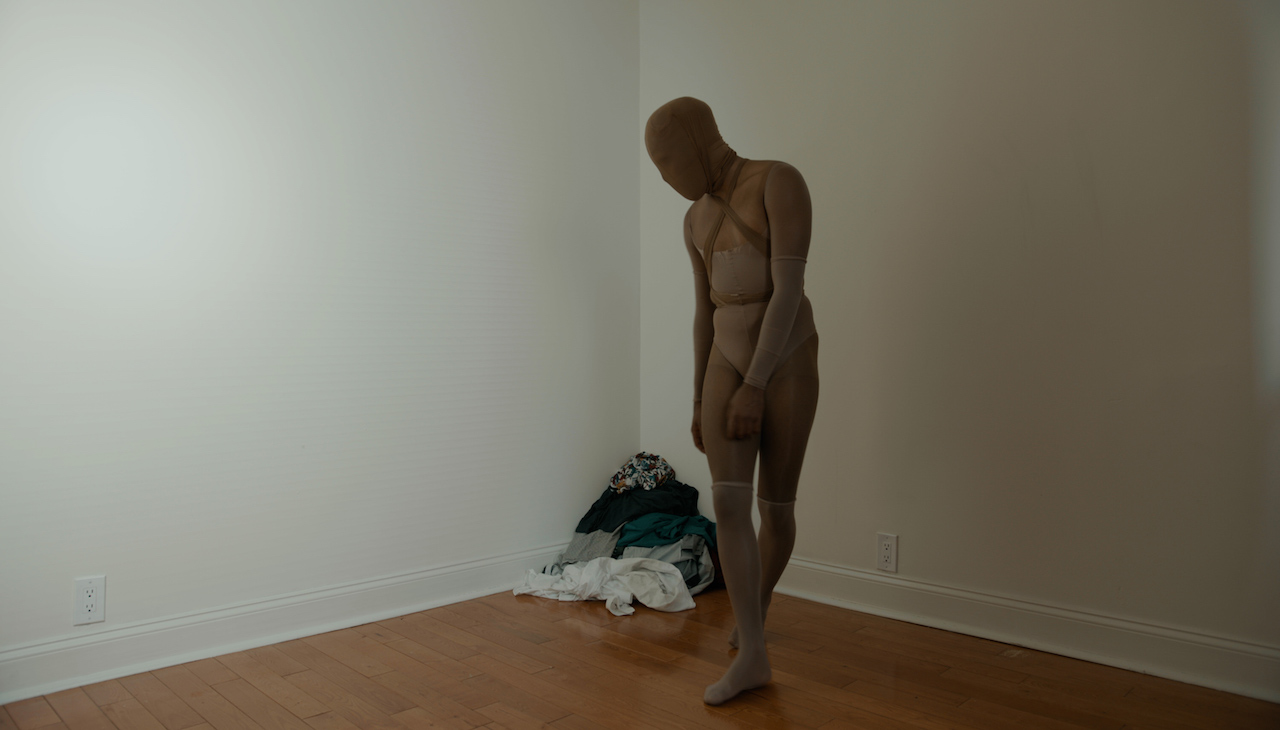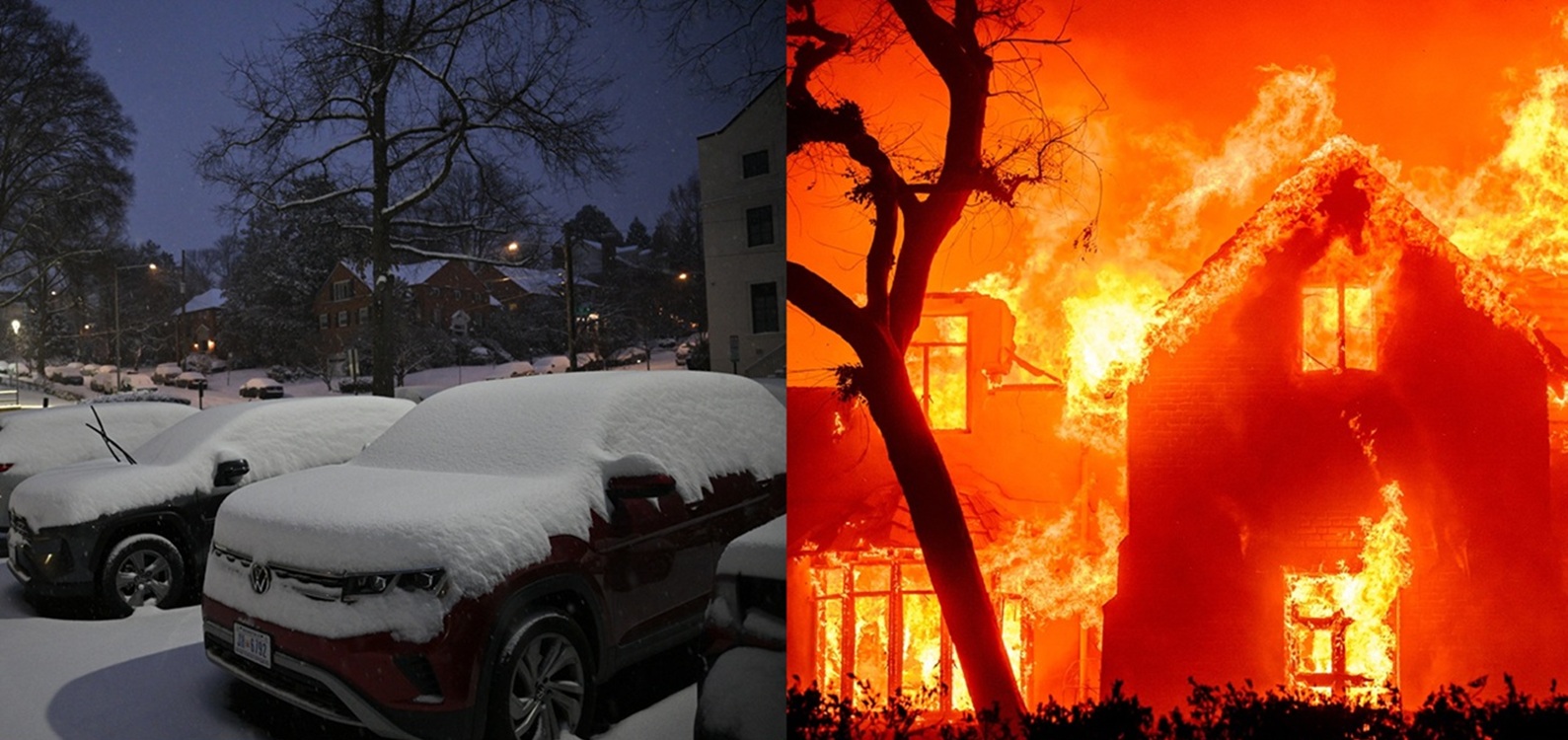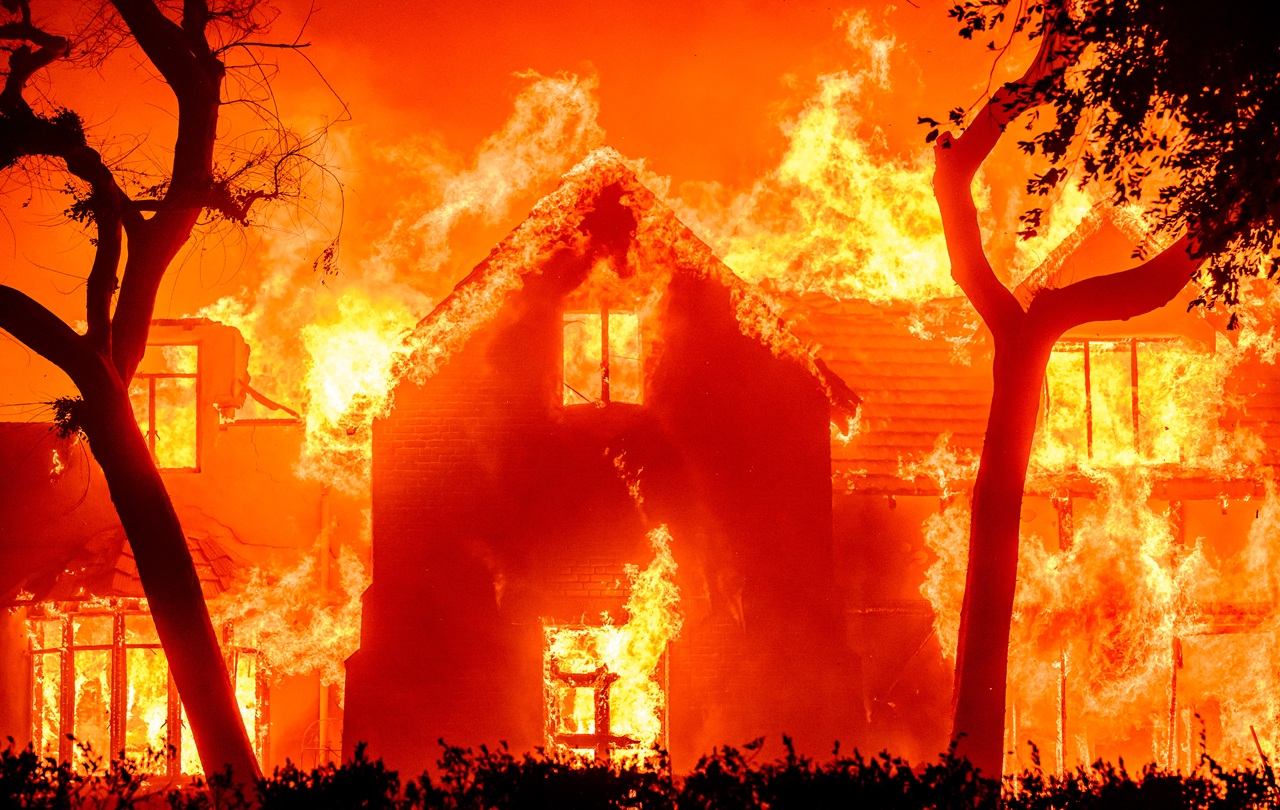
‘Don’t put that on, that’s not for you’ tackles Trans Non-Binary self-expression and identity
Da Vinci Art Alliance’s newest upcoming exhibition, ‘Don’t put that on, that’s not for you,’ from Puerto Rican-born and Philly-based interdisciplinary artist Hagudeza Rullán-Fantauzzi, reveals the true life experiences and examinations of Trans Non-Binary self-expression and identity through multiple art forms, such as film, dance, projection mapping, and sculptural installations.
It is an artistic experience that is meant to take the viewer on a trip that escapes the heteronormative worlds that people are born into, all the while unveiling the current life experiences of a Trans person in today’s climate. It’s a climate in which societies look to criminalize gender expression. Expression that civilizations have continuously throughout history, encouraged them to hide, even with intentions to eradicate Trans existence altogether.
That long-standing binary system categorizes the innate characteristics of what people like to specifically attribute to being male or female. By doing this and continuing the practice, it ostracizes individuals that do not fit or reject the preassigned traits given by society, or their families. It also further confronts the early and still ongoing challenges of the fixed restrictions that prevented Rullán-Fanatauzzi from embracing their true nature at an earlier stage of life.

In a sit-down conversation with AL DÍA News, Rullán-Fantauzzi told their story and what went into creating ‘Don’t put that on.’
From Puerto Rico to Philly, and ballet
Born in Ponce, Puerto Rico, Rullán-Fantauzzi relocated with their family to North Philadelphia at 10 years old. Before even making it to Philly, they had already immersed themselves in the arts that were in part inspired by a strong Puerto Rican culture with music, dancing, and food.
In small ways that led to bigger dreams later in their life.
“From a young age, we would go to McDonald's near the park. We will get little toys, and I would always play around and act like I'm putting performances together. So definitely Puerto Rico was the start of my passion for the arts, storytelling and putting pieces together,” they said.
Once in Philly, they got a chance to further immerse themselves in the arts in all its forms, which included playing instruments before discovering the ballet at age 15, a dance form they did not even know even existed.
“I played the viola and I liked to dance. I did everything. So that's definitely where it grew my path to like, get to be like, ‘Oh my god, I want to do ballet. How can I do that?’” they said.
They soon found they had a natural talent and understanding of ballet considering they got a late start compared to others. Despite this, the passion led to a professional career in the performing arts. They received a scholarship to attend Philadelphia’s Dance Theater, where Rullán-Fantauzzi had the chance to train and practice all the different techniques and perform works by different teachers and choreographers who have performed with and have choreographed performances by the Joffrey Ballet, Philadelphia Ballet, Complexions, BalletX, and others.
For Rullán-Fantauzzi, this time was also a dark one, as they looked to escape from themselves into the arts.
“My family became super religious. I was going to this Pentecostal church that made it hard on me. I was dancing in the church group, and that was my escape, but I wanted to find a way out,” they said. “ I started calling dance schools all over the city to see who would give me a shot.”
During this time, they were able to further expand their choreographic voice by way of creating original works in addition to attending the National Choreography Intensive, a multi-faceted program that provided dancers, choreographers, and seasoned choreographers the opportunity to work, study, and create under the guidance of nationally-recognized professionals in the fields of dance and music.
Rullán-Fantauzzi then received the Jonathan Phelps Memorial Scholarship for Excellence in Contemporary Dance from Regional Dance America. By the time they were 18, they had received their first professional ballet contract at the Festival Ballet Providence. During that time, they performed in contemporary and classical ballets in addition to also being commissioned to create and choreograph two original works. After this, they joined the Cincinnati Ballet’s second company, where they continued to perform and choreograph.
An introduction of art and creating ‘Don’t put that on, that’s not for you’
“Once I stopped dancing and I came back to Philly, I knew that I wanted to do more contemporary work. I was transported into this world because I was just not getting as many opportunities in that field as I wanted to. It was leaving a void in me. I wanted something more tangible,” Rullán-Fantauzzi said.
After they finished dancing, Rullán-Fantauzzi became friends with a lot of different people in the local art scene, one of which had a show at the Da Vinci Art Alliance. After they attended the show, Rullán-Fantauzzi fell in love with the space, and the supportive environment they encountered at DVAA. It was then they began putting together ‘Don’t put that on, that’s not for you,’ and the rest was history.
CONTENIDO RELACIONADO
The exhibit will be unveiled to the public on Oct. 19.
“I tackle everything about my identity. I've always needed an outlet to share all of these experiences from being trans or being queer, going through all of these experiences and not seeing the stories being told in these spaces,” said Rullán-Fantauzzi. “There are people telling my stories, but not as many as there should be.”
The art experience they have curated with the exhibition uses film, dance projection, mapping, sculptural installation, and materials, such as chicken wire and hardened articles of clothing, which they said adds multiple layers to the viewing experience.
“This projection on top of it was choreographed. It tells all the journey through the materials as well as the choreography. It creates all of these feelings that people can experience when they watch it,” said Rullán-Fantauzzi.

The materials were also a crucial part.
“I want to use those materials to focus on the restriction and this ostracizing feeling. Just the act in itself is sort of ritualistic. It takes a long time and you're with these thoughts. I put myself in this mindset of like, ‘what am I trying to say?’ I definitely think all the materials are very purposeful in the way that they're used and what they mean,” said Rullán-Fantauzzi.
All pieces in the exhibition take on the stereotypes and expectations that come with gender assignments at birth. Each piece handles this huge topic by demonstrating that gender expression can in the same breath affect self-image and treatment from the outside world. With a group of people that have historically faced oppression, Rullán-Fantauzzi told AL DÍA that’s what makes this exhibit so important in today’s climate.
“It's important because there's a lot going on with legislations and laws and people who are not living in this life, being queer or trans, they put it in the backburner because it's not something affecting them necessarily,” they said. “For this piece, I'm hoping that people are able to come in who are not maybe trans or queer, and to question, why they do the things that they do and why they should take a stab into using their voices to create more liberation for trans and specifically trans Black and Brown people, for them to truly be themselves.”
“Liberation for the most marginalized means liberation for everyone who's in the higher totem pole. If the most vulnerable are free and liberated from all of these restrictions and oppression, then everyone that is sort of quoted on top of that gets to be free as well,” Rullán-Fantauzzi continued.
What’s Next?
As for the future, along with that liberation, Rullán-Fantauzzi said they want to have more Black and Brown collaborators on future projects.
‘Don’t put that on, that’s not for you’ will be up at the Da Vinci Art Alliance from Oct. 19 through Nov. 9.










DEJE UN COMENTARIO: